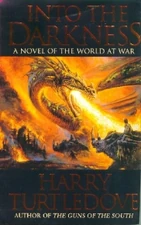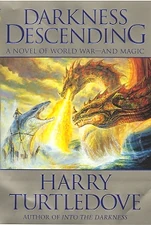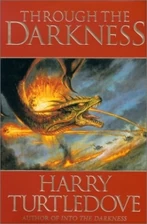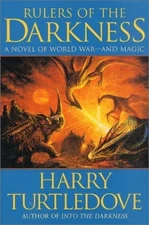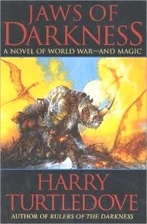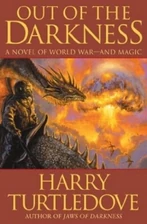| Unkerlant | |
| Derlavian Kingdom Darkness Fantasy | |
| Capital: | Cottbus |
| Government: | Absolute monarchy |
| Status: | Active |
Unkerlant was the largest country on the Derlavaian continent. At the time of the Derlavaian War, Unkerlant was ruled by a tyrannical absolute monarch, King Swemmel, who held total control over his country after emerging from the Twinkings War, a civil war fought over Swemmel's claim to the throne over his twin brother, Kyot's claim. Before the Twinkings War, Unkerlant ruled Zuwayza and western Forthweg as provinces.
Ethnic Unkerlanters were dark-haired and stocky, clean-shaven, and wore long tunics (the tendency to be clean-shaven being what distinguished them from the Forthwegians). Unkerlant was home to ethnic minorities such as the people of the Mamming Hills in the south, who broadly resembled Kuusamans. Its people were brutally treated by the paranoid and ruthless King Swemmel's secret police, the inspectors, and were often conscripted at a moment's notice by army impressors.
In the beginning of the Derlavai War, Unkerlant had been fighting an inconclusive border war with Gyongyos to the west. Unkerlant and Algarve remained formally neutral. Seeing how badly its former province Forthweg was doing in its war with Algarve on its eastern front, Unkerlant invaded Forthweg from the west. It wasn't until Algarve had conquered Valmiera and Jelgava that war broke out between Unkerlant and Algarve. Swemmel had contemplated initiating a war with Algarve, believing it to be overtaxed. Instead, Algarve invaded Unkerlant. In the beginning Algarve made great advances into Unkerlant, actually reaching the outskirts of the capital, Cottbus. It wasn't until the battle of Sulingen that Unkerlant gained the initiative. Unkerlant was able to leverage its vast population and resources, going on to win the battles around Durrwangen. Their armies swept eastward into Algarve and ultimately captured Trapani. Meanwhile, Kuusaman and Lagoan forces invaded Algarve from the east.
Literary Comment[]
The names of people and places in Unkerlant are based on archaic dialects spoken in medieval Germany.
Unkerlant is a rather close analog of the Soviet Union in World War II with King Swemmel reminiscent of General-Secretary Joseph Stalin. The climactic battle at Sulingen is based on the Battle of Stalingrad. In its war with Gyongyos, Unkerlant also plays the role of China in the Second Sino-Japanese War.
| |||||||||||||||||||
